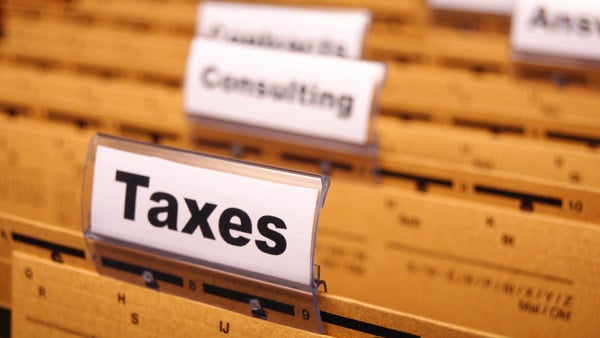The work-life balance of most employees is tipping more toward the workplace, according to a new study by TriNet, a cloud-based human resources provider. Employees at small and medium-sized businesses work an average of 5.14 more hours per month than in 2007.
Furthermore, employees in all industries except professional services worked more hours during the recession, and working hours still have not returned to pre-recession levels.
The study was based an analysis of the Bureau of Labor Statistics American Time Use Survey. Among the key findings:
- Leisure time decreased overall by 1.7 percent during the recession and further decreased in 2013 by 3.4 percent compared to 2007.
- The recession affected the information sector the most, increasing working hours by 20.8 percent in 2013 compared to 2007.
- In 2013, time spent on leisure activities by employees in the information sector saw a substantial decrease, with 28.7 percent fewer hours per month compared to 2007.
- Working hours in the finance sector increased 2.6 percent during the recession as compared to 2007.
- The number of hours spent on personal time off (PTO) decreased by 12 percent during the recession compared to 2007. The number of PTO hours taken in 2013 further decreased, dropping 16.5 percent, or 1.03 hours, compared to 2007.
Recommended For You
One key reason for the changes was that the recession increased pressure on existing employees to increase the hours spent at work to fill in the gaps left by those who were laid off. This came at the expense of time spent on leisure activities, and an imbalance of work vs. leisure hours can affect both employees and employers.
The negative impact on productivity from overworked employees could reduce a company's ability to accomplish goals that translate to the bottom line, the study concludes.
As a result, employers who encourage workers to take time off could get ahead of the competition by ensuring employees are at their maximum productivity and contribution to the firm.
© 2025 ALM Global, LLC, All Rights Reserved. Request academic re-use from www.copyright.com. All other uses, submit a request to [email protected]. For more information visit Asset & Logo Licensing.








